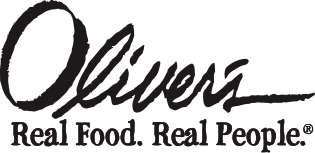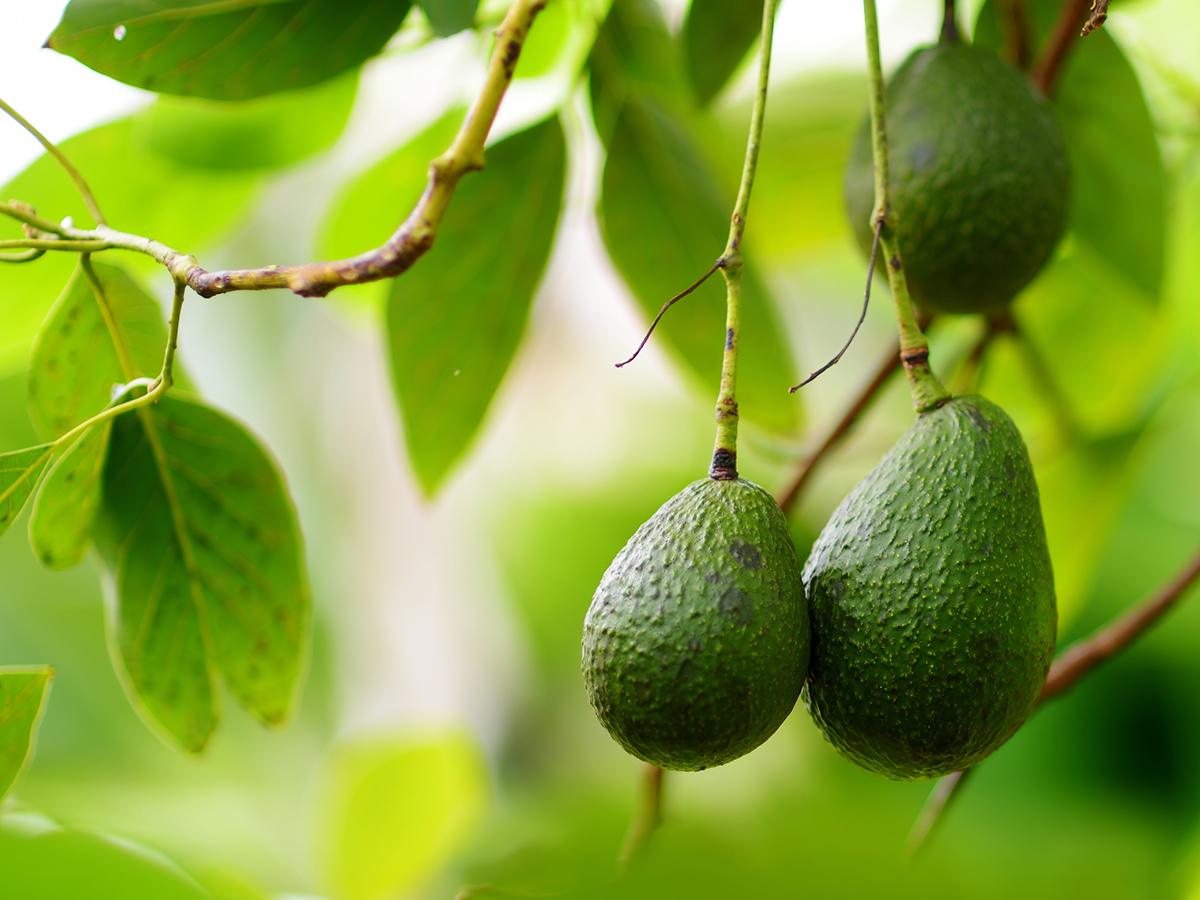At Oliver’s, we like to highlight the incredible people behind our products as often as we can, and this week, we’re turning the spotlight on one of our absolute favorites – Equal Exchange Cooperative. Founded in 1986, Equal Exchange has been on the frontlines of the fight for trade equality since its inception; for over thirty years, they have been pioneering authentic fair trade and cooperative business practices in the US and abroad, and they show no signs of stopping anytime soon. Currently, they’re known for their specialty coffee and cocoa products as well as their high-quality produce and tea, plus they’re also one of the largest cooperative organizations in the country!
Equal Exchange got their start when founders Jonathan Rosenthal, Michael Rozyne, and Rink Dickinson met while working as managers at a New England food coop. At the time, the US agricultural and food production industries were in upheaval – family farms were being replaced with massive agricultural corporations, which in turn relied on all manner of toxic chemicals and toxic business practices to reap the maximum profit from their products. The three connected over their shared desire to make a positive change in the food industry, and together they decided to create a business that exemplified their shared vision. The company would be a force for social and economic change, empowering both the farmers producing the food as well as the consumers who purchase it, and it would be run by the people doing the work, not a corporate executive. Thanks to some willing financial backers and whole lot of pluck, Rosenthal, Rozyne, and Dickinson got their business off the ground, and by their third year, they began to see a payoff.
Equal Exchange began with and are still best known for their fair-trade coffee, but how they got into the coffee business is definitely not the industry standard. In 1986, the same year Equal Exchange got its start, the US government imposed a trade embargo on all products coming from Nicaragua. This was due to the fact that, at the time, Nicaragua was under the control of the communist Sandinista government; the US refused to do business with communists, and unfortunately, farmers paid the price. At the same time, specialty coffees were beginning to gain popularity in the US, opening up a North American coffee market that had previously been vacant. It was here that Equal Exchange found their first niche – by exploiting a loophole in the law, they could import fair-trade, coop-grown Nicaraguan coffee beans into the US legally provided that the beans had been roasted somewhere other than Nicaragua. Equal Exchange persevered through the ensuing legal battles and seemingly endless opposition until they were finally victorious in 1988. By 1991, they had joined the European Fair-Trade Network, almost a decade before any other US-based organization. Today they continue their fight for global fair trade and workers’ rights within the food industry, and their operations have expanded throughout South America and into Africa, India, Sri Lanka, and elsewhere. Equal Exchange still works exclusively with small-scale, family-owned farms, ensuring that their products are always produced according to their strict standards of quality and social responsibility.

Being A Cooperative Organization
You may be familiar with the term ESOP or “Employee Stock Ownership Plan” from us or others, but Equal Exchange takes it to the next level! Equal Exchange is a true cooperative organization, meaning that stock in the company is not only by shareholders or investor but is instead divided among the employees. Everyone, including the founders, are given an equal share of stock in the company, and everyone is subject to the highs and lows that come with owning stock. It is also a democratic cooperative, so worker-owners are guaranteed a right to all information pertaining to the business, a vote on major decisions, the right to serve as a leader within the coop, and the right to speak openly about their opinions. Since everyone has equal stock in the company, everyone has an equal voice, whether they’re an Executive Director like founder Rink Dickinson or the lowest level worker-owner.
Equal Exchange takes their foundation in democracy so seriously, they’ve bound themselves to the co-op via a “no exit strategy” policy. What does that mean? To make a long story short, Equal Exchange has written their rules to make it virtually impossible for the company to be sold; in the event that the company were to be sold, any net proceeds from the sale would go directly to a separate fair-trade organization instead of the worker-owners. This makes it rather an unappealing option to begin with, even without the other rules. Equal Exchange intends to continue to push for ethical and sustainable business practices within the food industry for as long they’re around to do it, which at this rate will be a long time!
International Humanitarian Outreach
Social responsibility is woven into the fabric of Equal Exchanges existence, and they work it into everything they do in one way or another. They work exclusively with small-scale, cooperatively owned farms, and part of the way they contribute to that cooperative effort is with the programs they make available to their farmer partners. From crop diversification to quality trainings to women’s leadership development, Equal Exchange is always working to make sure their farmer partners benefit as much from their relationship and Equal Exchange does. To check out all of Equal Exchange’s farmer partners from around the world, click here.
More recently, Equal Exchange partnered with The Panzi Foundation in the Democratic Republic of the Congo (DRC) to form the Congo Coffee Project, a non-profit organization dedicated to empowering Congolese victims of sexual violence. For seven years, the Congo Coffee Project has raised more than $80,000 for survivors through the sale of Congolese coffee and handmade bags. The money goes supporting vocational and skills training programs provided by the Panzi Hospital at the Maison Dorcas Center in Bukavu. The hospital is well-known as a place of refuge for victims of sexual violence in the DRC, and the programs they provide help empower victims to move past their trauma. More recently, the program has become affiliated with the Congolese farming cooperative SOPACDI, a small-scale coffee farming operation that supports a local clinic within their community. SOPACDI had already been doing work with victims of sexual violence through that clinic, and their work with the Congo Coffee Project has allowed them to expand their reach beyond their own community.
Equal Exchange has been setting standards of excellence and breaking down barriers in the food industry for over thirty years, and judging by their current trajectory, they’re going to be going even bigger places in the future. Whether it’s promoting fair treatment for farmers around the world or empowering women in the Congo, Equal Exchange remains 100% committed to their founding principles. This week, come into Oliver’s and taste the difference for yourself, we’re proud to be featuring their organic, certified fair-trade Hass avocados for just 89¢ each. Their perfectly creamy texture makes them ideal for using in this subtly spicy Salsa Verde con Aquacate !
For more information on Equal Exchange and their work, check out their website here.
To learn more about the Congo Coffee Project and how you can help, click here.


No comments yet. Add the first comment